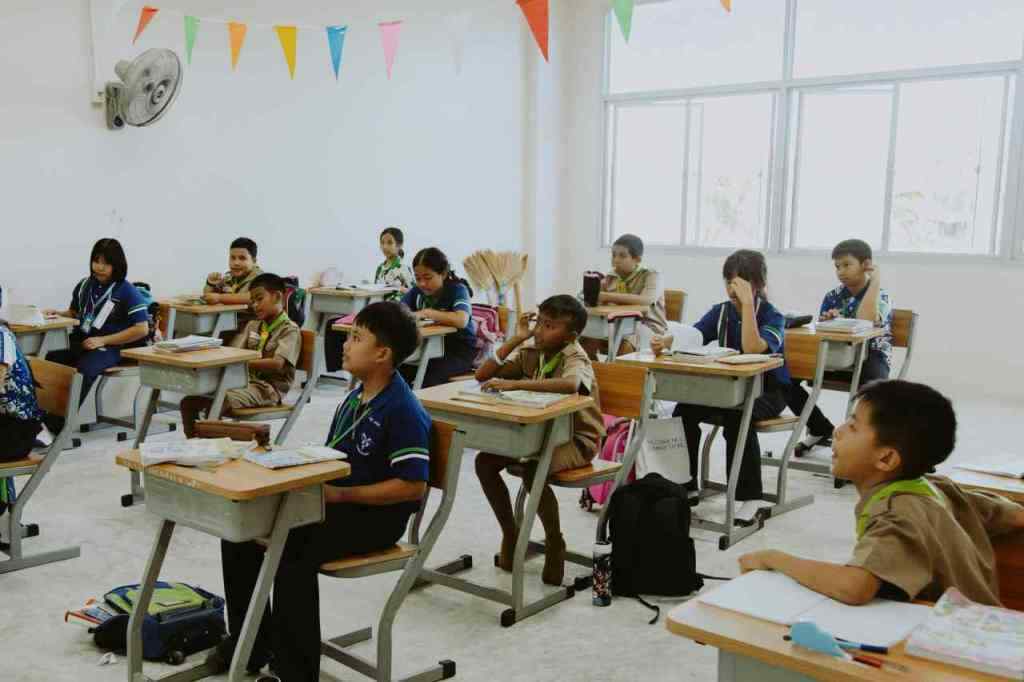Minnesota Nice No More: How National Divisiveness Reaches Local Government
Remember when Minnesota was basically synonymous with “nice?” Like, bring-your-neighbor-a-hotdish-when-they’re-sick nice? Yeah, about that… Turns out, even the Land of Ten Thousand Lakes isn’t immune to the dumpster fire that is modern political discourse. Lately, local government meetings are looking less like friendly kumbaya gatherings and more like, well, episodes of “The Real Housewives” (political edition, obviously).
The End of Minnesota Nice?
Buckle up, buttercup, because things are about to get real. In Brooklyn Park, the mayor had to straight-up adjourn a meeting because everyone was losing their cool. Over in Rochester, a council member got the boot from a meeting (talk about awkward!). And don’t even get me started on Oronoco, where the city administrator was fired and a council member peaced out in protest.
And then there’s Minneapolis, where shouting matches and heated protests have become as common as Prince sightings back in the day. Sadly, it’s even escalated to death threats against the mayor. What happened to “Minnesota Nice?” Did we trade it in for a side of political rage with our Jucy Lucys?
These incidents are like flashing neon signs pointing to one uncomfortable truth: civil discourse in Minnesota is officially on life support. And you know things are bad when even the local officials – the people who signed up for this whole governing gig – are throwing their hands up in exasperation. They’re worried about the lack of progress and, frankly, who can blame them? This constant bickering isn’t exactly conducive to, you know, actually getting stuff done.
The Nationalization of Local Politics
So, how did we get here? How did Minnesota, the state that practically invented passive-aggressiveness, become a hotbed of political hostility? Well, it’s complicated (like most things in life), but here’s the gist: remember that whole national political polarization thing? The one where everyone seems to be retreating to their respective corners, armed with nothing but fiery opinions and an aversion to compromise? Yeah, that’s trickled down to the local level like that weird blue stuff in your garbage disposal (gross, right?).
Suddenly, even hyperlocal issues like, say, whether to fix that pothole on Main Street have become weirdly politicized. And then there’s the whole COVID-19 pandemic response, which basically threw gasoline on an already smoldering fire. Mask mandates, school closures, vaccine requirements – these weren’t just policy decisions; they were personal attacks, apparently.
And let’s not forget the role of our dear friend social media, which has become the ultimate echo chamber. Anonymity? Check. Lack of accountability? Check, check. It’s basically the perfect breeding ground for negativity and outrage. Plus, when everyone’s constantly exposed to the “screaming is how we do things now” mentality modeled by, ahem, certain national figures, it’s no wonder that civility has gone the way of the dinosaurs.
The Impact on Local Governance
All this political drama might be great for ratings on, like, a reality TV show, but it’s wreaking havoc on actual governance. And by “havoc,” I mean a whole lot of nothing is getting done. Local officials are stuck in this weird political no man’s land, caught between doing their jobs (you know, like fixing potholes and ensuring schools have enough textbooks) and navigating this minefield of national political battles that, frankly, have no business being fought at the local level.
The result? A whole lot of gridlock, frustration, and burnout. It’s gotten so bad that there’s been a surge in resignations from local government positions. Who wants to deal with constant yelling and personal attacks? It’s like being back in high school, but with higher stakes and worse cafeteria food.
